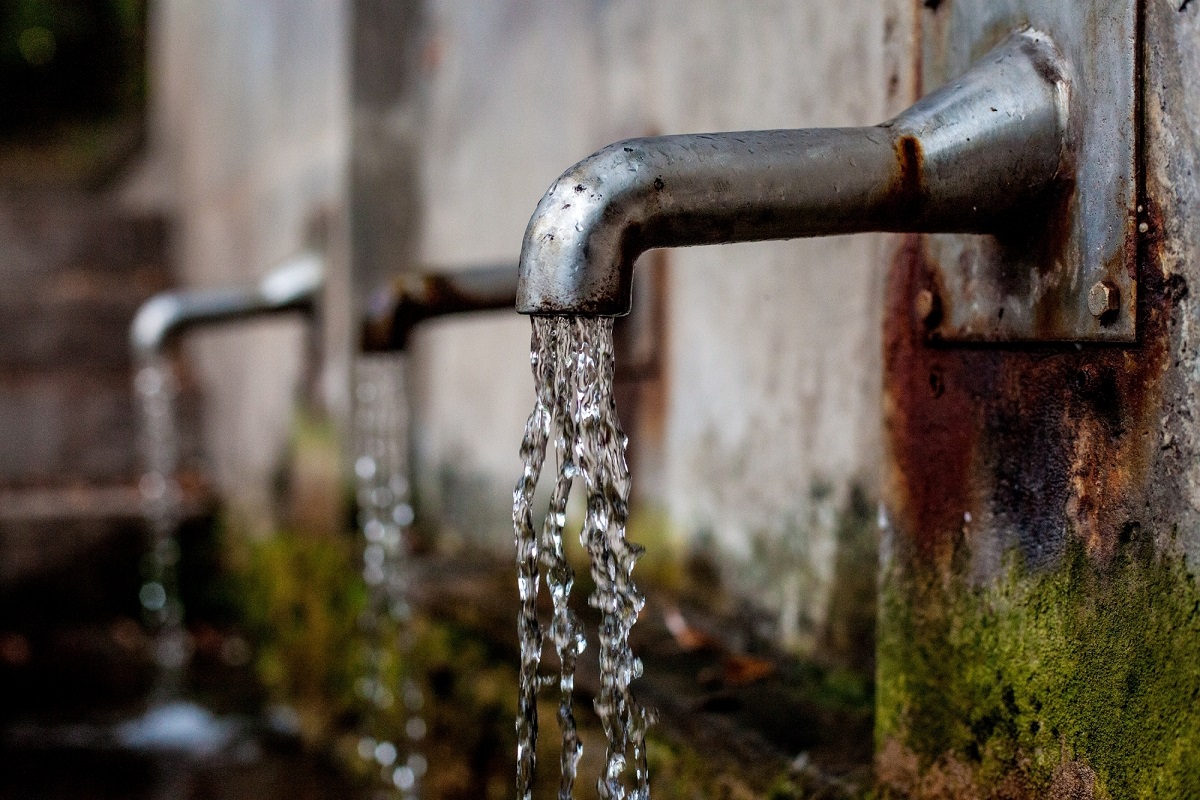Mohanlal, Shreya Ghoshal, and others join PM Modi’s call to tackle obesity
PM Modi's initiative encourages Indians to reduce cooking oil consumption by 10% to tackle rising obesity. Celebrities, athletes, and leaders are joining the movement.
Now, 7.24 Crore (38%) i.e. more than 1/3rd of rural households are getting potable water through taps.

(Source: IANS)
Announced by Prime Minister Narendra Modi on 15th August 2019, with the aim to provide tap water supply to every rural home by 2024, Jal Jeevan Mission has reached a new milestone of providing over 4 Crore rural households with tap water supply.
Now, 7.24 Crore (38%) i.e. more than 1/3rd of rural households are getting potable water through taps. Goa has become the first state in the country to provide 100% tap water supply followed by Telangana and Andaman & Nicobar Islands. The untiring efforts of States/ UTs have helped Jal Jeevan Mission provide assured tap water supply to every family living in 56 districts and over 86 thousand villages.
Advertisement
States/ UTs are now competing with each other and focusing on the target to ensure that every household in the country gets safe drinking water so that ‘no one is left out’.
Advertisement
The remote Kakisnur village of Velairpad Mandal, Andhra Pradesh is home to 200 people amidst a thick forest, hilly area with no road connectivity and power supply. But, it just received a 24×7 potable water supply under the Government of India’s Jal Jeevan Mission programme being implemented in partnership with States/ UTs.
The efforts are in line with the Government of India’s endeavour to provide clean tap water in rural households with a focus on improving their living standards and enhancing the ‘ease of living’. The impact of safe water in Kakisnur village is seen through the improved health outcomes among the village community.
Jal Jeevan Mission is being implemented in partnership with the States with an aim to provide potable water in adequate quantity, of prescribed quality on a regular and long-term basis. Extensive planning exercise is undertaken by the States/ UTs following a ‘bottom-up approach’.
Potable water supply to water quality-affected habitations is a top priority under Jal Jeevan Mission. Efforts are made to ensure safe drinking water is provided to all quality-affected villages especially Arsenic and Fluoride affected rural habitations. JJM gives the highest priority to the potability of drinking water, which will reduce water-borne diseases and improve the health of people. States/ UTs are upgrading water quality testing laboratories and opening them to the public enabling them to get their water samples tested at nominal rates.
Advertisement